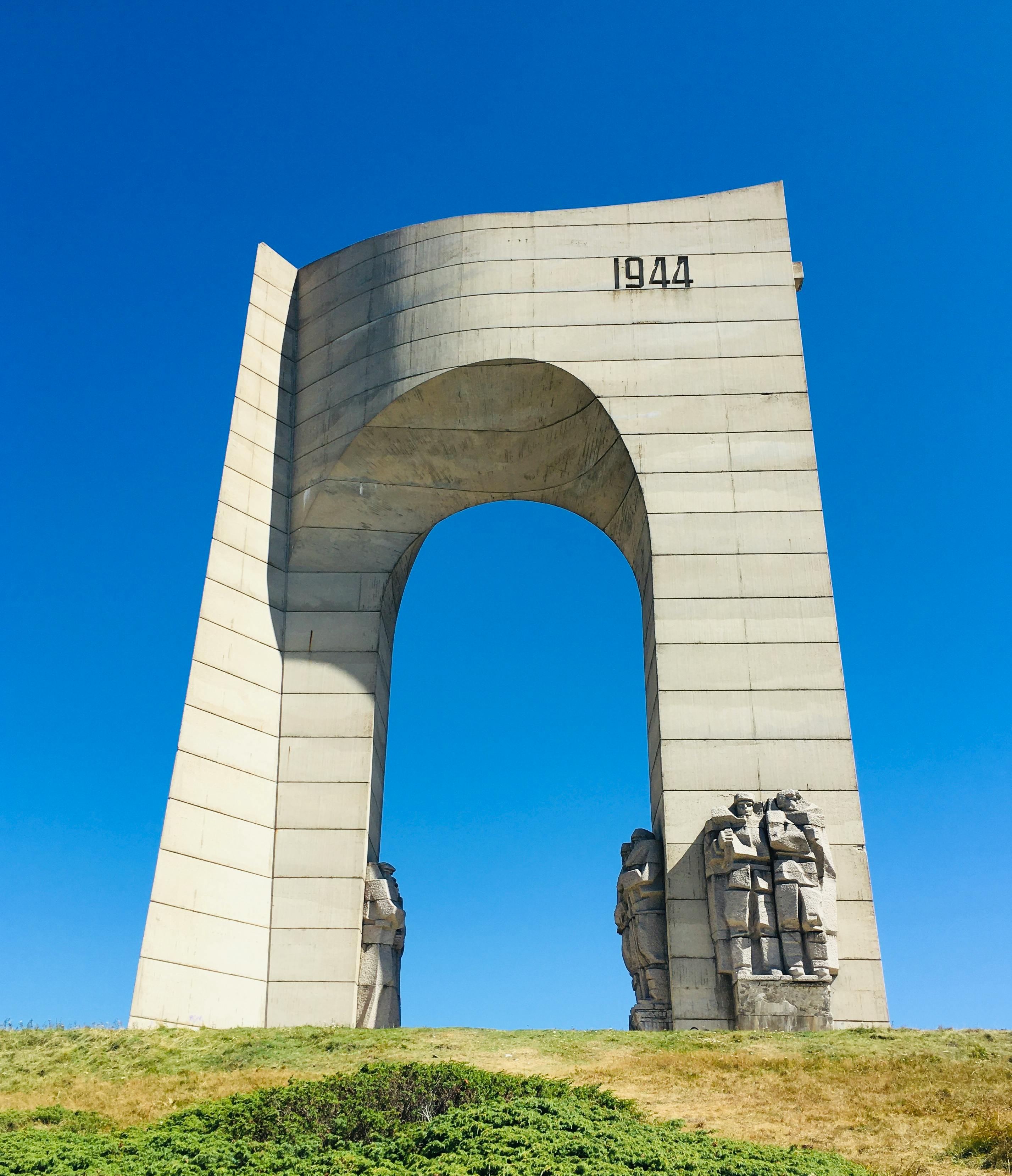The Role of Women in World War II: Unsung Heroes of the Home Front and Beyond
World War II reshaped societies and economies globally, with women playing crucial roles both on the home front and in the military. This article explores the multifaceted contributions of women during this period, highlighting their impact and enduring legacy.

Women in the Workforce
Filling the Gap
With men deployed overseas, women filled labor shortages in vital industries, working in factories, shipyards, and munitions plants.
Rosie the Riveter
Rosie the Riveter became a cultural icon, symbolizing women who took on demanding jobs such as welding and assembling aircraft and ships.
Labor Movements
Women advocated for better working conditions and fair wages, influencing post-war labor rights advancements.
Women in Military Service
Enlistment and Service
Women served in various military branches as nurses, pilots, and clerks, performing critical roles for the Allied forces.
Nursing Corps
Nurses provided essential medical care in challenging conditions, saving lives and boosting troop morale.
Women Airforce Service Pilots (WASP)
WASPs tested aircraft, ferried planes, and trained male pilots, crucial to air operations despite facing gender biases.
Women in Intelligence and Resistance
Codebreakers
Women were key in codebreaking operations at places like Bletchley Park, significantly aiding Allied victories.
Resistance Movements
In occupied territories, women gathered intelligence, sabotaged enemy operations, and assisted in POW escapes, crucially undermining enemy efforts.
The Home Front
Rationing and Resource Management
Women managed households under rationing, grew victory gardens, and preserved food, contributing to the war effort.
Volunteer Work
Women organized war bond drives, knitted for soldiers, and supported servicemen’s families, fostering national solidarity.
The Legacy of Women in World War II
Post-War Changes
The war changed societal perceptions of women’s capabilities, laying the groundwork for future gender equality movements.
Long-Term Impact
Women’s wartime contributions demonstrated the need for equal opportunities, influencing feminist movements in the 1960s and beyond.
Recognition and Memorials
Recent recognition through memorials and media has highlighted women’s critical roles during the war, ensuring their stories are remembered.
Conclusion
Women’s contributions during World War II were essential to the Allied victory, from factories and fields to front lines and covert operations. Their efforts not only helped win the war but also paved the way for advancements in women's rights and gender equality. By celebrating these unsung heroes, we honor their legacy and inspire future generations to recognize the importance of equality and the value of every individual’s contribution to society.

 Cricket Score Counter
Cricket Score Counter Heads or Tails
Heads or Tails
You have not logged in, please Login to comment.